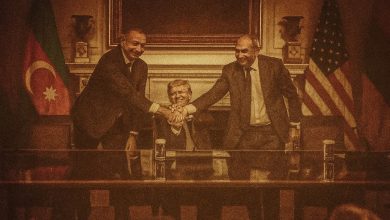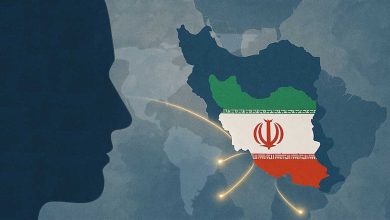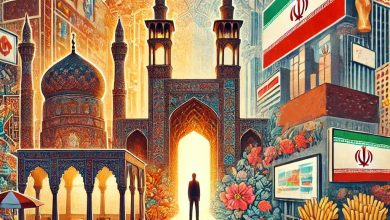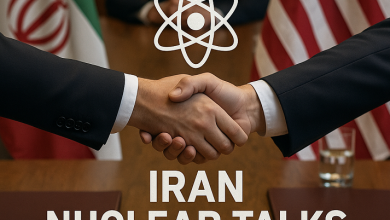Al-Faw Port: A Threat to Iran’s Trade and Transit Role
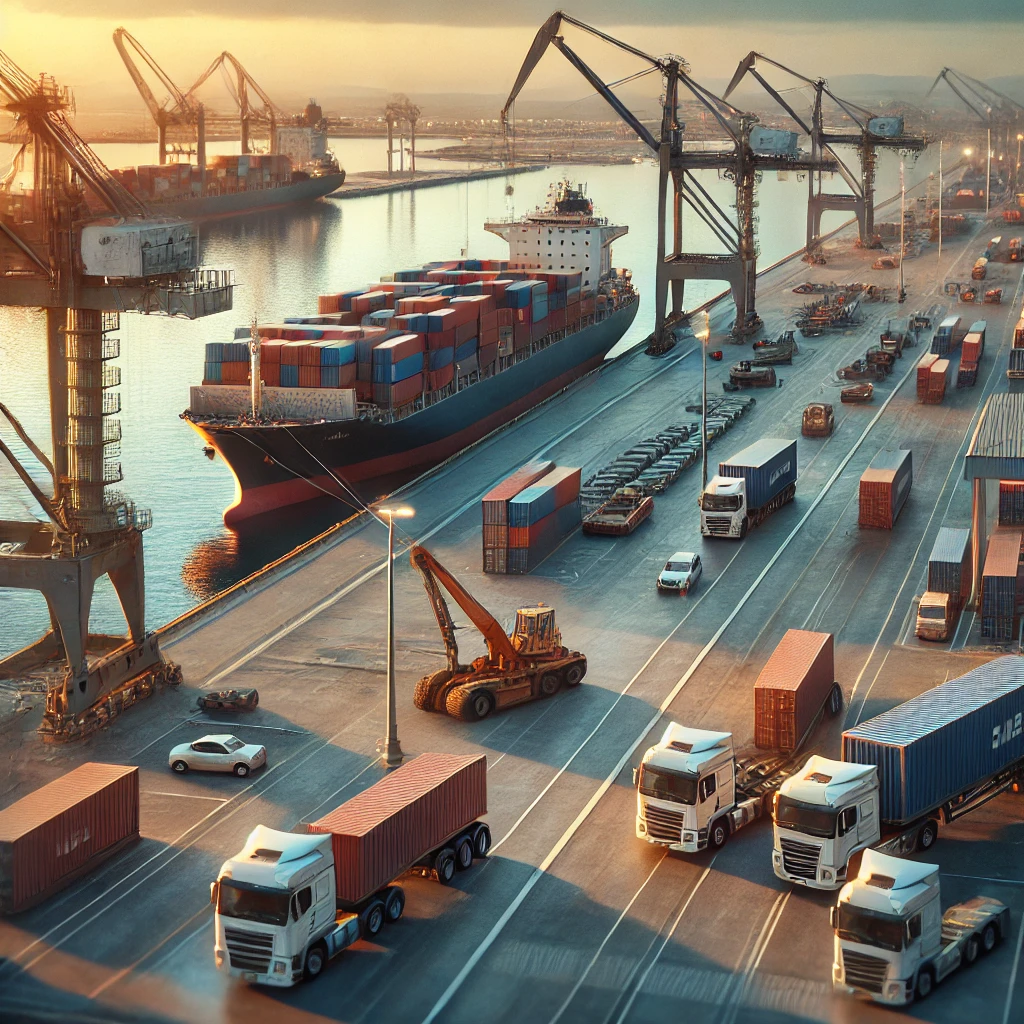
Al-Faw Port, located in southern Iraq, is one of the country’s largest infrastructure projects aimed at transforming Iraq into a major international transit hub. Upon completion of the associated “Development Road” project, the port is expected to connect to Europe via Turkey. This initiative could pose serious economic, security, and geopolitical threats to Iran.
Due to its strategic geographic location, Iran has traditionally served as a key transit corridor for goods between East and West. However, the development of Al-Faw and its connection to Turkey could create an alternative route that bypasses Iran. This shift may result in a decrease in transit volume through Iranian territory, thereby reducing income from customs, transit fees, and other economic benefits tied to international transport. This is especially critical at a time when Iran is under severe economic sanctions, and such a development could increase financial pressures on the country.
Moreover, with the regional transit route shifting and neighboring countries becoming more dependent on Iraq and Turkey, Iran’s strategic role in regional and global trade could be diminished. This weakening of Iran’s position may negatively affect its relationships with neighboring countries and reduce its influence in regional economic and political decisions. Additionally, Iraq’s increasing dependence on Turkey and Iran’s regional rivals like the UAE and Saudi Arabia, as part of this infrastructure integration, could further limit Iran’s economic cooperation and trade opportunities with Iraq.
In the long run, Iraq may turn to alternative supply routes for essential goods and energy, posing a direct threat to Iran’s economic and geopolitical interests.
Iran has long played a pivotal role in the security dynamics of the Persian Gulf and the broader region. However, the expansion of Al-Faw and the growing presence of new players could shift the regional balance of power to Iran’s disadvantage. Increased involvement by Turkey and Gulf countries in Iraq’s economic and infrastructure projects may lead to stronger political and security ties among these states, leaving Iran in a more challenging position.
It is also important to note that Iran has been working in recent years to develop the North-South International Transport Corridor, which connects India, Russia, and Europe via Iran. Yet, Iraq’s proposed route through Al-Faw and Turkey could emerge as a serious competitor. If Iraq succeeds in completing this project with the backing of foreign partners, many shipments that would have otherwise passed through Iran may be diverted along the new path.
To remain competitive, Iran must prioritize the development of its own ports, particularly Chabahar and Imam Khomeini Ports, and strengthen its transit routes. Speeding up the completion of the Chabahar-Zahedan railway and connecting it to the national rail network would greatly enhance Iran’s transit capacity. Additionally, improving port services, streamlining customs procedures, and reducing transit tariffs would make Iranian routes more attractive to traders and investors.
Iran must also strengthen the North-South Corridor as a key link between Asia and Europe. This corridor, which runs through Iran, Russia, and India, can serve as a viable alternative to the Iraq-Turkey route. To that end, Iran should increase investments—alongside Russia, India, and Caspian states—to transform the corridor into a main artery for international trade.
Furthermore, Iran can complement its economic efforts with appropriate political and security strategies. Given the involvement of rival states in the development of Al-Faw Port, Iran must boost security and political cooperation with Iraq to prevent it from becoming overly reliant on Iran’s regional competitors. By expanding cultural and economic engagement, Iran can maintain its influence in Iraq and prevent it from becoming a platform for rival interests.


